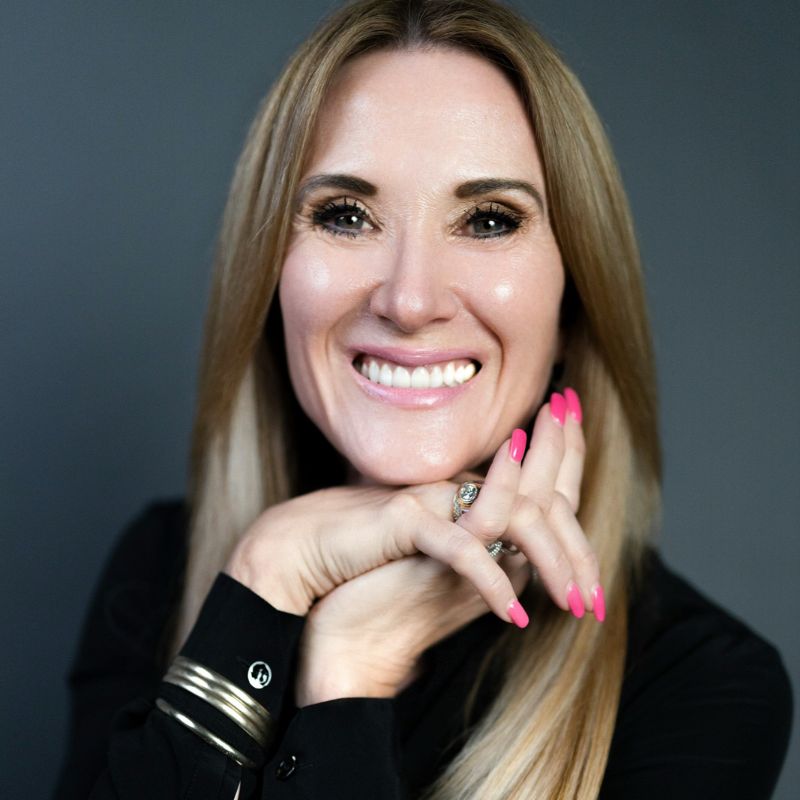
In this podcast (episode #564) and blog, I talk about the importance of friendships, and how they can impact our mental health.
Friendships are a beautiful part of life that contribute so much value to our lives in so many wonderful ways. However, in recent years, researchers have noticed a decline in people’s social circles and number of friends. They have attributed this decline to many reasons, including the recent COVID pandemic, which left us more isolated and disconnected, and the higher cost of living, which means that more and more of use spend less time hanging out with loved ones and more time working to survive.
In a recent article in Women’s Health on this “friendship recession”, journalists note that “the average 30-year-old has shed 4.5 friends since the start of the pandemic.” Although it is normal for friends to come and go as we grow older, move homes, change jobs and so on, these statistics are notable. As the article points out, “our social stock is crashing – and those bonds are vital for health.” According to the Mental State of the World 2022 Report, our ability to maintain meaningful friendships and connections had reduced dramatically, and not just for 30-year-olds. One report points out that 18-24 year olds are more likely to have no close friends than those aged 75!
Several other factors have also contributed to our current “friendship recession”, as noted in the article above:
- Moving to a new location, whether for work, education, or personal reasons, can disrupt existing friendships and make it challenging to maintain connections.
- Individuals dealing with mental health issues may find it harder to maintain and nurture friendships, contributing to a sense of isolation.
- Changes in communication patterns, including a reliance on digital communication over face-to-face interaction, can also influence the quality of friendships.
- Our society’s disproportionate focus on individual success at the expense of community.
This truly is a health crisis. Friendships benefit our lives in many ways, while also contributing to our mental and physical wellbeing. As I have said many times on this podcast, community is a vital part of our health!
There are many benefits to having friends, including:
- Encouraging healthy behaviors. For example, friends may motivate each other to exercise, eat well, and engage in other wellness activities, leading to better brain and physical health.
- Better brain health as we age. Research shows that friendships can contribute to a lower risk of cognitive decline and conditions like dementia.
- Opportunities to develop and practice social skills, which can be beneficial in various aspects of life. These skills include empathy, active listening, and conflict resolution.
- A reduced risk of mental health conditions like anxiety and depression. Friends can offer emotional support, companionship, and a sense of belonging that contributes to mental well-being. University of Oxford researcher Anna Manchin notes how friendships can give us “a wonderful flood of neurochemistry, including dopamine and beta-endorphins.” True friends make us feel what Manchin describes as “euphoric, warm, content and deeply bonded.”
Here are some ways you can focus on the friendships in your life:
- Be intentional: make a conscious effort to prioritize and invest time in your friendships. Set aside time for social activities and maintaining connections.
- Focus on the quality of your friendships rather than the quantity. Deep, meaningful connections can be more fulfilling than many superficial relationships.
- Remember that the ebb and flow of friendships is a natural part of life, and it's normal for the number and closeness of friendships to change over time. It's also possible to strengthen existing friendships and cultivate new ones with effort and intention.
Not sure where to begin making new friends?
- Take up a new hobby to meet people with similar interests to you.
- Do an Airbnb experience or tours via platforms like Viator, Tripadvisor in your area.
- Volunteer at a local non-profit or organization.
- Go to work out classes.
- Join a social club, or, if you are spiritual, a local church, mosque, or synagogue.
- Join a meetup app to see local events in your area and meet new people.
- Try to do less things online. For example, instead of shopping online, go out with a friend or plan to work out with a loved one instead doing exercise alone at home.
For more on friendship and mental health, listen to my podcast (episode #564). If you enjoy listening to my podcast, please consider leaving a 5-star review and subscribing. And keep sharing episodes with friends and family and on social media. (Don’t forget to tag me so I can see your posts!).
Photo Credit: ©GettyImages/Akarawut Lohacharoenvanich
Originally published by Dr. Caroline Leaf. Used with permission.




